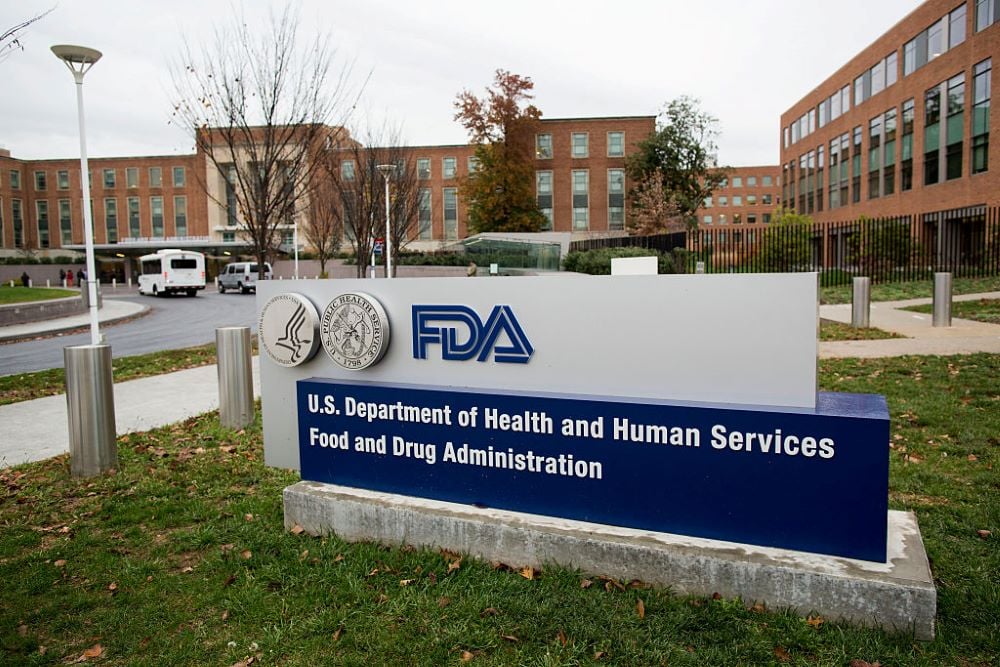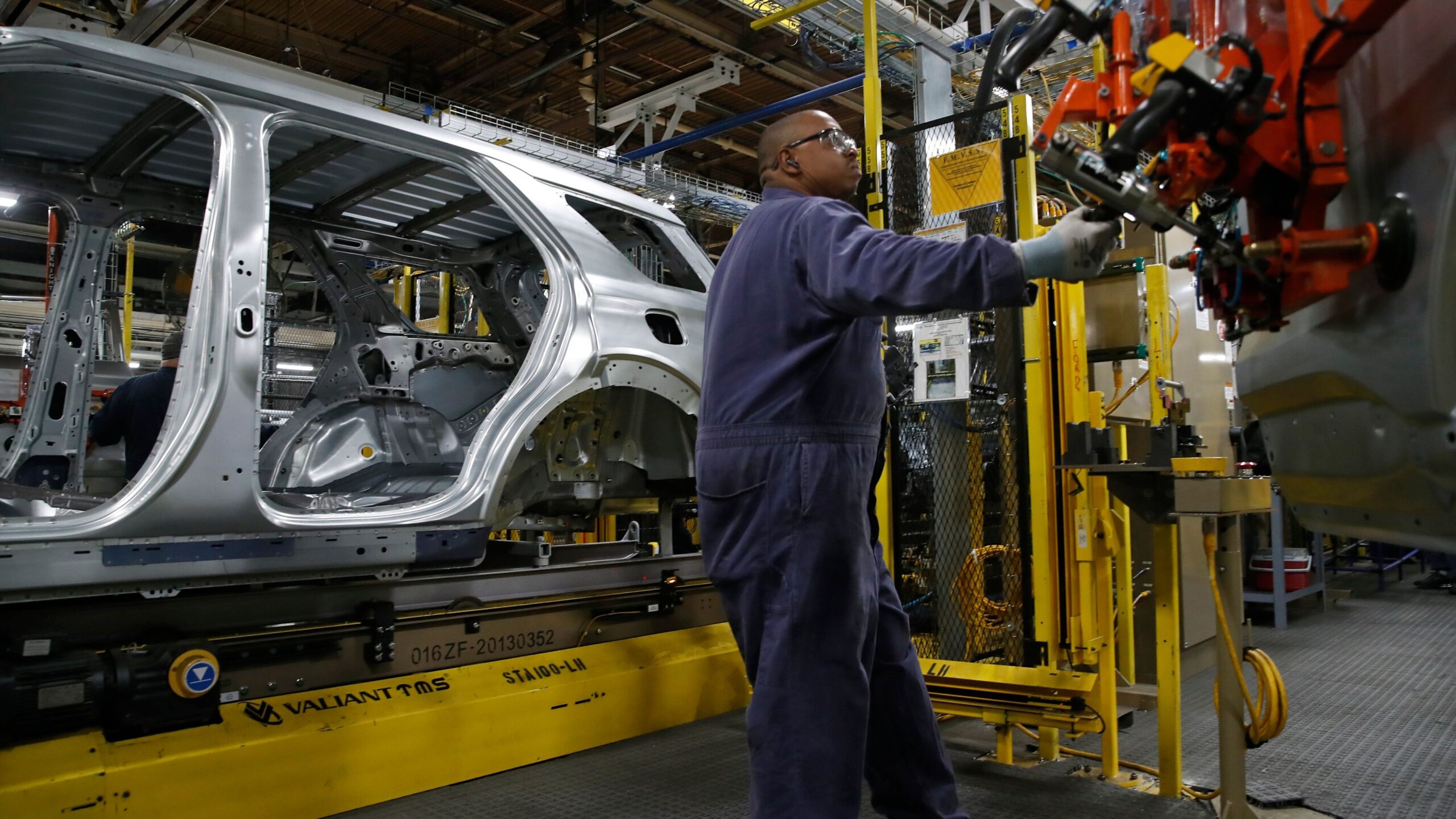Regulatory Red Flags: FDA Slams Aspen Biopharma with Critical Warning Over Lab Failures
Manufacturing
2025-03-26 17:09:00Content

Aspen Biopharma Labs Faces Significant Regulatory Challenges After FDA Warning
The pharmaceutical manufacturer Aspen Biopharma Labs is experiencing a critical operational shutdown in the United States following a stern FDA warning letter that exposes serious manufacturing deficiencies at its active pharmaceutical ingredient (API) facility in India.
The regulatory document reveals multiple concerning issues, with a primary focus on the facility's compromised infrastructure. Specifically, the FDA highlighted critical problems with the building's design that could potentially compromise drug quality and pose substantial contamination risks.
The warning letter suggests that the API facility is currently in a state of severe disrepair, effectively bringing the company's manufacturing operations to a complete standstill. This development represents a significant setback for Aspen Biopharma Labs, signaling potential long-term implications for their production capabilities and regulatory compliance.
Pharmaceutical industry experts emphasize that such FDA warnings are not merely procedural but represent serious concerns about manufacturing standards and product safety. The company will likely need to undertake extensive renovations and implement comprehensive quality control measures to resume operations and regain regulatory approval.
As the situation unfolds, stakeholders and industry observers are closely monitoring Aspen Biopharma Labs' response and potential remediation strategies to address the FDA's critical observations.
FDA Crackdown: Aspen Biopharma's Manufacturing Nightmare Exposed
In the high-stakes world of pharmaceutical manufacturing, a single regulatory misstep can bring an entire operation to its knees. The recent FDA warning letter to Aspen Biopharma Labs reveals a critical breakdown in quality control that threatens not just a company's reputation, but potentially patient safety across the United States.When Regulatory Compliance Becomes a Critical Lifeline
The Anatomy of a Pharmaceutical Facility Failure
The intricate landscape of pharmaceutical manufacturing demands absolute precision and unwavering commitment to quality standards. Aspen Biopharma Labs' API facility in India has become a stark testament to what happens when these critical standards catastrophically collapse. The facility's infrastructure reveals a disturbing narrative of systemic failures that extend far beyond mere administrative oversights. Architectural vulnerabilities within the manufacturing space have created a perfect storm of potential contamination risks. The facility's design fundamentally compromises the sterile environment essential for producing safe, high-quality pharmaceutical ingredients. Every structural weakness represents a potential gateway for microbial intrusion, chemical cross-contamination, and potentially dangerous manufacturing inconsistencies.Regulatory Implications and Industry-Wide Consequences
The FDA's warning letter represents more than a simple reprimand; it's a seismic event that could potentially reshape the entire pharmaceutical manufacturing ecosystem. By halting Aspen Biopharma's operations, regulators send an unequivocal message about the non-negotiable nature of quality control and patient safety. This intervention highlights the complex relationship between regulatory bodies and pharmaceutical manufacturers. The FDA's decisive action demonstrates a commitment to protecting public health, even if it means completely suspending a company's production capabilities. Such measures underscore the agency's role as a vigilant guardian of medical standards.Global Manufacturing Challenges in Pharmaceutical Production
The Aspen Biopharma case illuminates broader challenges facing international pharmaceutical manufacturing. Globalization has created complex supply chains where quality control becomes increasingly difficult to monitor. Facilities spread across different geographical regions must maintain consistent, rigorous standards that meet international regulatory requirements. Technological advancements and robust quality management systems are no longer optional luxuries but essential survival mechanisms for pharmaceutical manufacturers. Companies must invest heavily in infrastructure, training, and continuous improvement to remain competitive and compliant in an increasingly scrutinous regulatory environment.Economic and Strategic Ramifications
The immediate economic impact on Aspen Biopharma is profound. A complete operational shutdown represents potential millions in lost revenue, damaged investor confidence, and long-term reputational harm. The ripple effects extend beyond the company, potentially disrupting pharmaceutical supply chains and creating market uncertainties. For other manufacturers, this serves as a critical warning. The pharmaceutical industry operates under a microscope, where a single regulatory misstep can trigger catastrophic consequences. Proactive quality management, continuous internal auditing, and a culture of absolute compliance have transformed from recommended practices to existential imperatives.Technological Solutions and Future Outlook
Moving forward, pharmaceutical manufacturers must embrace cutting-edge technologies and methodologies to prevent similar regulatory failures. Advanced monitoring systems, artificial intelligence-driven quality control, and real-time data analytics can provide unprecedented insights into manufacturing processes. The future of pharmaceutical manufacturing lies in creating adaptive, resilient systems that can anticipate and mitigate potential risks before they escalate. This requires a holistic approach combining technological innovation, rigorous training, and an organizational culture committed to excellence.RELATED NEWS
Manufacturing

Breaking: How AI and IoT Are Revolutionizing Drug Production Behind the Scenes
2025-03-12 20:00:52
Manufacturing

Manufacturing Crossroads: GM CEO Mary Barra Calls for Urgent Policy Roadmap to Revive American Industrial Might
2025-04-23 20:28:00
Manufacturing

Manufacturing's New Frontier: Connecticut Rises as Trump Tariff Tensions Spark Industrial Renaissance
2025-04-09 09:00:00





